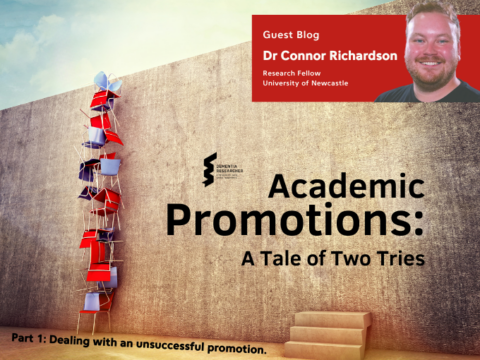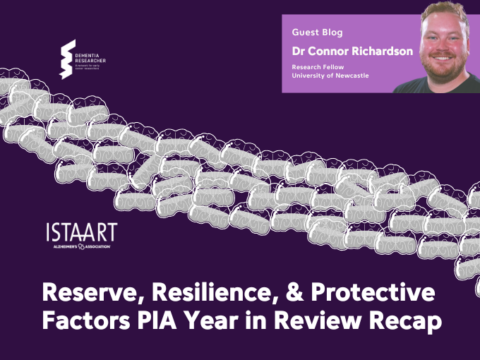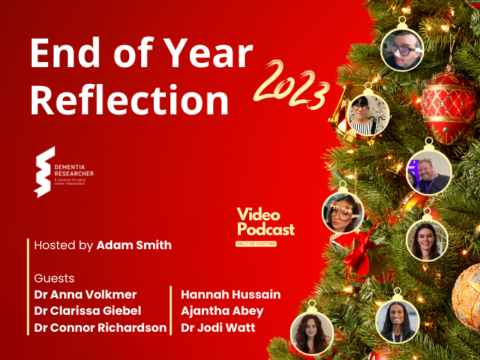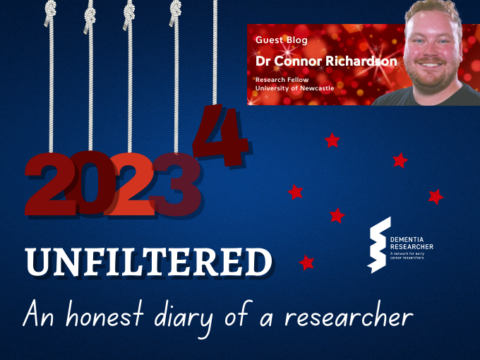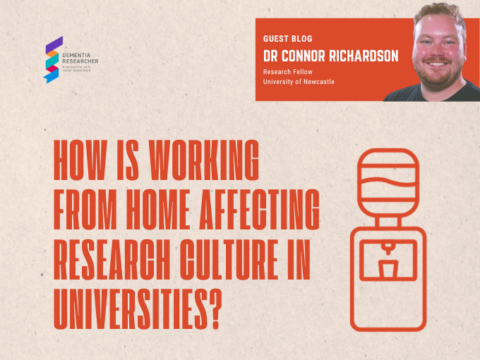So before you read this blog… you may want to read my last blog aka Part One. Going into the second promotions round a year later my CV was not all that different from the previous attempt. My mindset however could not have been more different. In my first attempt I ruminated over the application for over a month, this time I didn’t commit to applying until 3 hours before the deadline. Now, I’m not saying this is what I would advise you to do, but it was a reflection that my mindset had changed to: give it a go and there’s nothing to lose. To my slight horror there were slight changes to the application this time round so I began editing my old application, taking on board the feedback that I needed to focus on my unique selling point or USP.
Second time around
If I were to highlight one difference in my second application it was my mindset, with so little time I didn’t really have time to think about it too much or second guess myself. If I was honest, I was still a little bitter about missing out the last time. Both things made me change the language I was writing in, especially in my personal statement. In my first application it read as though I was politely reminding a friend and colleague of the roles I’ve humbly volunteered myself for. There’s nothing like a rejection to change that. I wouldn’t say my language became combative, but it was blunter, to the point and almost challenging the panel to say no. I think you need to leave your normal personality at the door and write as a completely different application version of you. Find that Sasha Fierce to your Beyonce.
I really went for it, again partly because I didn’t have the time to feel uncomfortable about bragging. I made myself sound completely irreplaceable. Where previously I had “played a leading role” I lead, where I described my contributions to team science papers, I simply stated they wouldn’t exist without me. When I read it back, I didn’t really like the person speaking, he sounded selfish, and a glory hog, but admittedly he sounded impressive.
In a strange way writing in an unnaturally selfish way started to make me feel more confident, like I was believing my own hype. I realised none of it was untrue, yes, I slightly exaggerated my role and diminished others, but if we’re honest that is the game. There was a change to the application that helped me in this, the personal statement word count was reduced from 1000 to 500 words which forced me to be more ruthless in making my language more direct and convincing. If you are struggling to sell yourself like I did, I would recommend writing a personal statement in less and less words like 500, 400, 200 and 100. This helps me focus on selling myself without the chance to waffle or caveat your strengths.
This was mainly the big difference between my two applications throughout. I went through each section and ruthlessly cut out any text where I equivocated my brilliance. I mentioned in my last post that I found the section on giving a percentage score of my contribution to papers uncomfortable. I will go a step further than this and say I also found it frustrating that every senior person I asked about it gave me a completely different rationale for scoring, some more generous and some conservative. In my first try I was conservative, dividing by how many authors and then adding a few percentage points for how much I contributed. Second time around I was more indignant so went in thinking nobody seems to know how to do this so if I felt I played a small part I would put around 20% and if I was a leading part over 60% and if I felt I did most of the work over 75%. Now, I’m not saying this reflects the reality of how a paper comes together, but the fact it is a subjective and arbitrary question, so it justifies an arbitrary response and one that advertises you in the best way possible.
There was also a part of me that felt that not all disciplines are treated equally by such an arbitrary measure. As a lot of my research is in epidemiological neuropathology, as the statistician it is highly unlikely that I will be the first author in the role. The first author will usually go to the pathologist. Nevertheless, in a team science project the fact is without me there the paper wouldn’t carry the weight it does, and I made this clear in my second application. I noted that although I was not first author, without me there to analyse the data in a way that maintained population representativeness, could assess the accuracy of predictive modelling, could properly handle missing data and handle confidential data to a high standard the research couldn’t possibly stand in the way it does. Although the application asked for percentages of contribution, I made sure to shoehorn in where I could write prose to make sure this was clear to the panel when reading.
In my first go I also made the mistake of not making the most of my ‘university citizenship’. I had lots to add in my teaching, leadership and communication roles but I had added them and left them to speak for themselves. On reflection I think this was due to the first time over thinking and spending too much time on my personal statement section that I had almost bored myself and lost the motivation for the end sections. My advice is to remember to still have that obnoxious voice even when talking about noncritical roles you do. As a leader of EDI I made it clear when I led an initiative, and if it was praised or got recognition from higher ups I made it clear. When I described my teaching, I still wrote about it like I was a PhD student, that I had taken over from another lecturer, that was true years before but in my second round I made clear that this was my lecture and I was in charge of it. Often in academia, because our job roles can be fluid, we forget to shout about all the little wins we accumulate.
Finally, it’s a short and not particularly nice difference. My second application had more money. By this time my fellowship had gone through finance and could be accounted for, I can’t count the number of times someone said to me doing some extra work for no pay would “look great for promotion” but in the end money talks. And I probably took too long doing lots of things people describe as a “mixed portfolio” without focusing enough on bringing in cash.
Reflections and Advice
I’ll say again, this is only my experience of promotion from Research Associate to Senior Research Associate and only at Newcastle. Overall, it could be a frustrating process. Only having one opportunity a year coupled with a very drawn-out period. Unfortunately, there isn’t much you can do about that if your process is similar, just try and be mindful it’s a long process and not too disheartened if you’re unsuccessful. I will say having a 1–2-year plan after my failed attempt would have been better before I first applied. Think about what you really want and how you would feel if you didn’t get it. I didn’t realise there were alternate routes to increased pay and a bonus award until discussing my application with my PI, if you feel you deserve more pay but don’t want to go for promotion or institution may have something similar.
My second reflection is that it was a bit of an ambiguous application, with not the clearest differences from the job I was doing. It mainly seemed that if you were senior, you were independent, and the markers in the application were quite subjective measures of independence. I would advise if applying keep that word independent in your head all the time, that was what I was trying to prove. I could lead projects on my own, didn’t need my PI checking on me, I had collaborations, I maintained myself and so on. In the end this is why money means so much, bringing in income is a quantifiable measure of independence, so although it’s great to be a good citizen, remember money is probably the biggest factor.
Finally, get used to writing in your application voice, be ruthlessly direct, and pretend to be confident just before the point of being obnoxious. Obviously be truthful, and although science is a team sport make sure you play the game, it’s ok to be selfish and make sure this one time your contribution is the most important on that team!
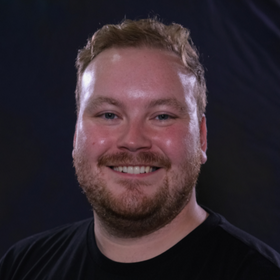
Dr Connor Richardson
Author
Dr Connor Richardson is a Neuro-epidemiology Research Associate in the Newcastle University Population Health Sciences Institute. Connor is the research statistician for the Cognitive Function and Ageing studies (CFAS) multi-centre population cohort. His research interest lies in using advanced statistical modelling and machine learning to measure dementia risk. Connor blogs about his research, Equality, Diversity and Inclusion and sometimes his Pomapoo’s.

 Print This Post
Print This Post

